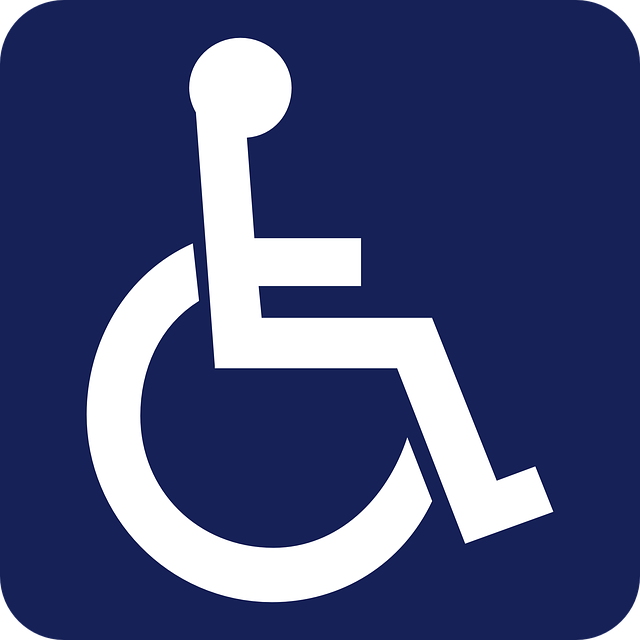
Did you know that Medicare is not just for those age 65 and over?
While Seniors do tend to have increased medical needs, the federal government also recognizes that there is a significant number of younger individuals who also have serious health issues. People with disabilities fall into this category.
So the question is: Which disabilities qualify someone for Medicare?
Definition of a Disability:
Definitions of disability can vary from person to person, but Medicare guidelines are stringent when it comes to what’s considered a qualifying disability. For the purposes of Social Security Disability Insurance, impairments must last for longer than a 12 month period, and one must be debilitated for the long term. You will meet the disability criteria for Medicare eligibility only if you fall into one of these three categories:
You have been diagnosed with Amyotrophic Lateral Sclerosis (ALS)
Known as Lou Gehrig’s disease, ALS is a debilitating neurological disease that attacks nerve cells and pathways in the brain and spinal cord, which can lead to muscle atrophy, breathing difficulties and even death. It is estimated on average 15 people are newly diagnosed with ALS every day. Due to the severity and rapid progression of this disease, a higher level of medical care and services are needed. If you are diagnosed with ALS, you are immediately eligible for Medicare, there is no waiting period, meaning you should apply as soon as possible.
You have End Stage Renal Disease (ESRD)
According to the Centers for Disease Control and Prevention it is estimated that more than 10 percent of Americans suffer from Chronic Kidney Disease. Additionally, more than 100,000 people go on to develop kidney failure, also known as End Stage Renal Disease.
When your kidneys fail your body is unable to filter toxins out of the body and it requires either dialysis treatment or a kidney transplant in order to stay alive. Coverage benefits begin 3 months after you start dialysis treatment.
If you receive a kidney transplant Medicare coverage may not be long term. The program provides coverage for 36 months after a Medicare approved transplant. If the new kidney remains functional, you will no longer be eligible for Medicare and you will lose your coverage.
If you receive Social Security Disability Benefits due to a qualifying disability
A number of other medical conditions can qualify as disabilities, but in order to be recognized as Medicare eligible, a person must go through a rigorous application process of applying for Social Security Disability Benefits. This process can takes several months, even a year or more to complete.
You are not eligible for Medicare until you have received SSDI benefits for at least 24 months, unless your disability is due to ALS or ESRD. Adding up all these timelines, you will wait a minimum of 29 months, in the best case scenario, to as long as 35 months in the worst case scenario, before you actually receive Medicare benefits. This assures the government that the disability is severe enough to warrant Medicare coverage.
Qualifications and Coverage
People who meet all the criteria for Social Security Disability are generally automatically enrolled in Parts A and B. People who meet the standards, but do not qualify for Social Security benefits, can purchase Medicare by paying a monthly Part A premium, in addition to the monthly Part B premium.
Medicare coverage is the same for those who qualify based on disability as for those who qualify based on age. For those who are eligible, the full range of Medicare benefits are available. Coverage includes certain hospital, nursing home, home health, physician, and community-based services. The health care services do not have to be related to the individual’s disability in order to be covered.
Anyone who is disabled due to ALS, End Stage Renal Disease or an SSDI approved disability, regardless of age, is eligible for Medicare. Because there may be different waiting periods depending on the disability, it is important to apply as soon as possible to prevent any delays. It is always important to take the necessary steps towards getting the health care coverage you need.
When you receive your letter notifying you about you Initial Enrollment Period, be sure to speak with one of our Trusted Agents. There is a lot to understand when it comes to Medicare and your health plan options.
.png?width=129&height=63&name=second_logo%20(1).png)
